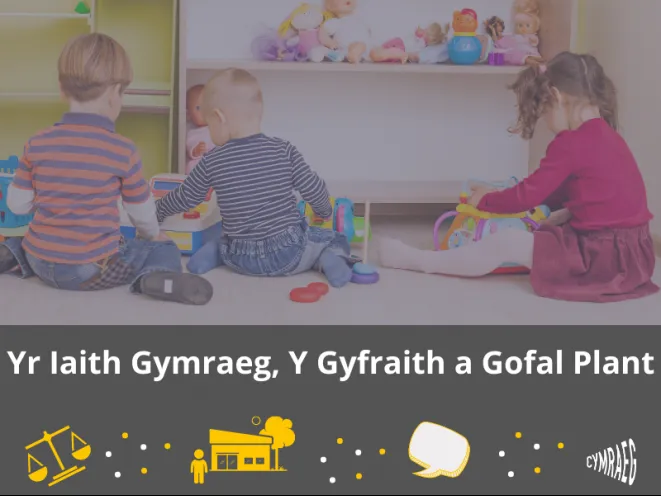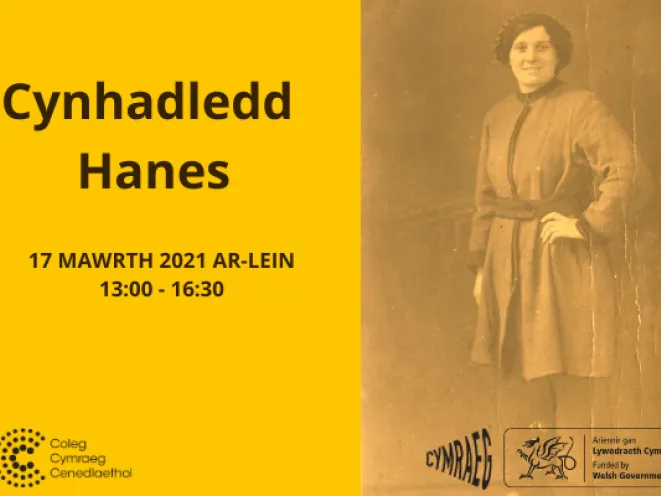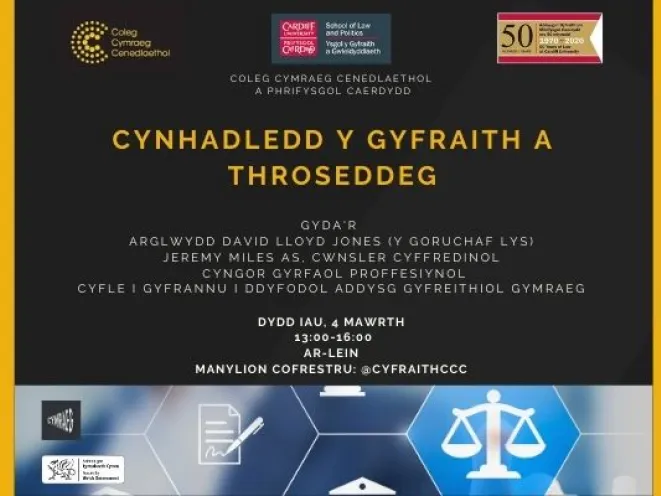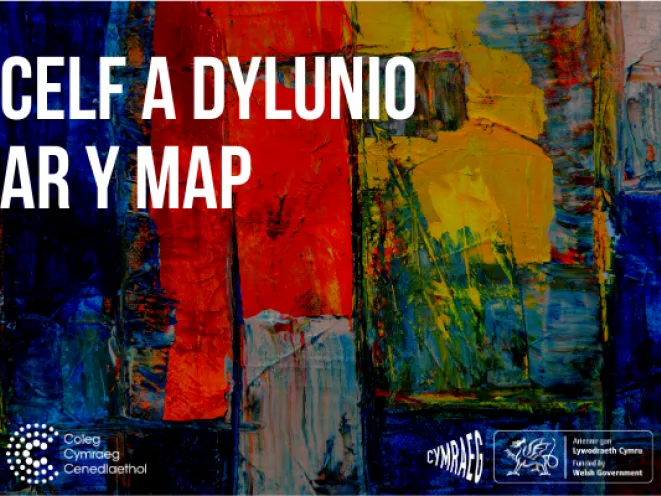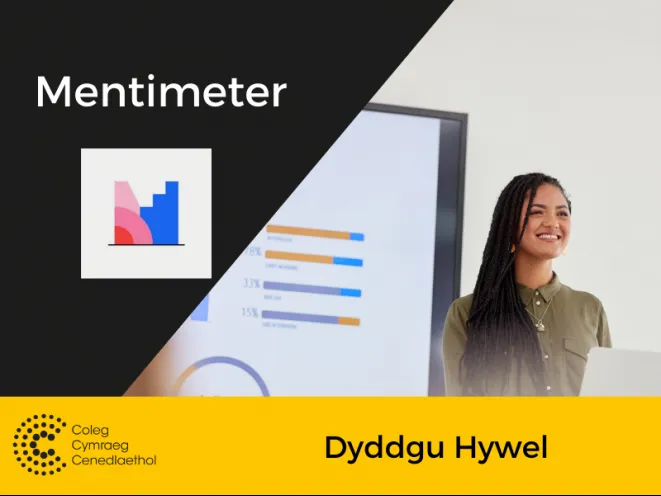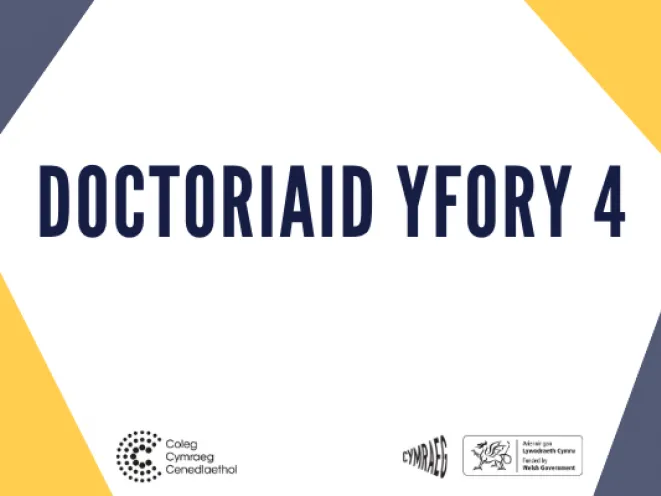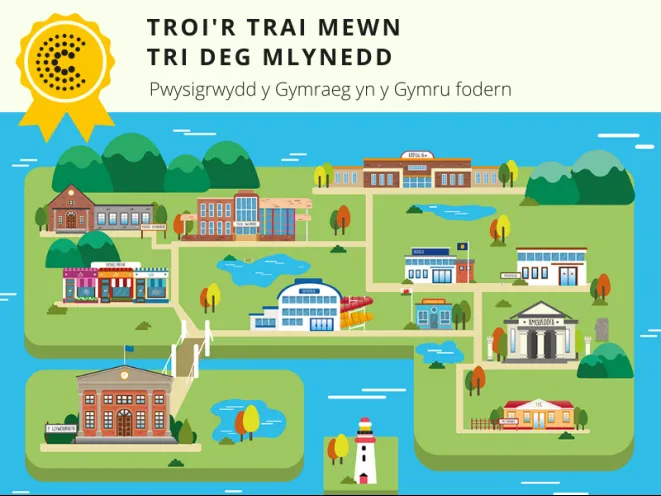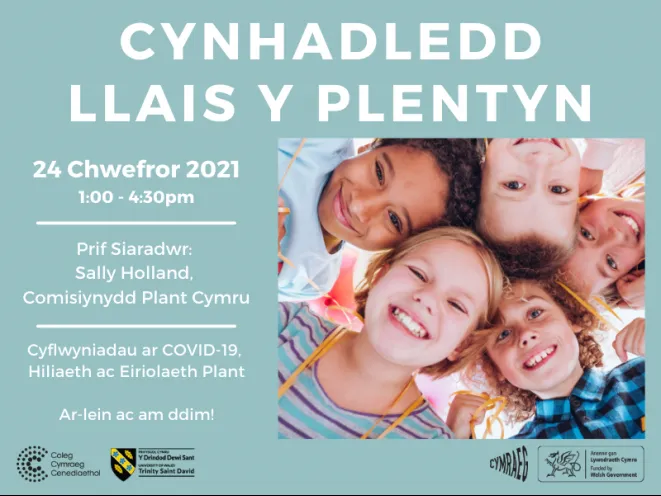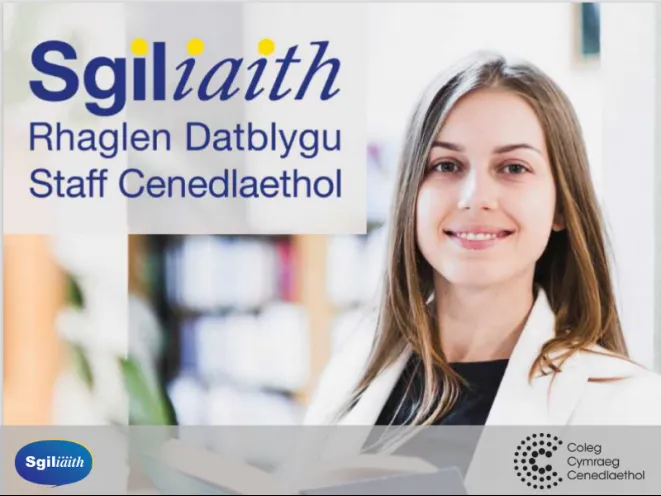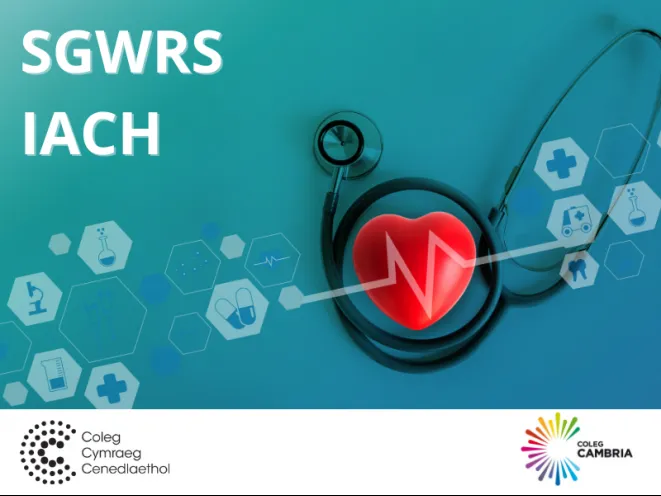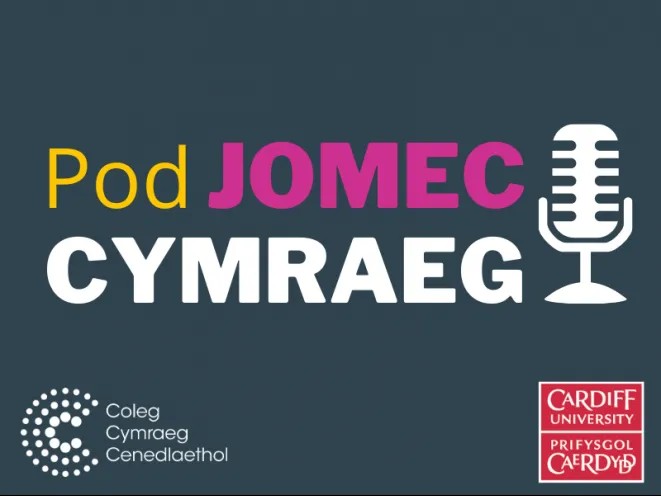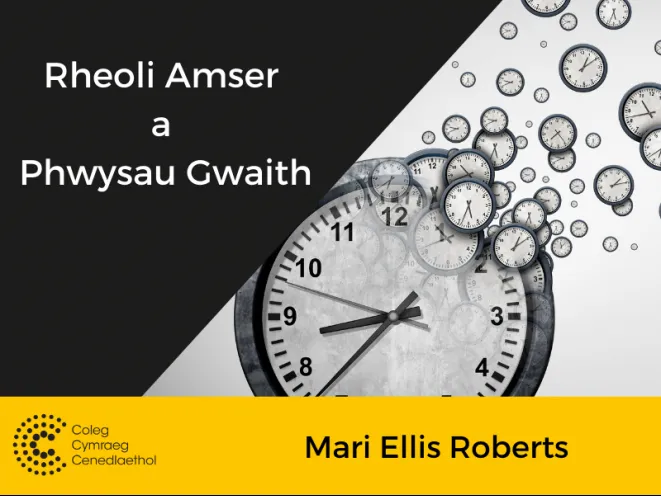This resource is aimed at Childcare lecturers and students. It includes a presentation and activities to check your knowledge. The presentation looks at bilingualism and its importance in the Care Sector in Wales. It also looks at the laws that have had an impact on how we all use Welsh today. The content is relevant to Childcare Level 2 Core (Learning Outcomes 9.1 - 9.9). This resource was adapted by the Coleg Cymraeg Cenedlaethol. Thank you to Pembrokeshire College for sharing the original material.
The Welsh Language, the Law and Childcare
History Conference 2021: 'Women and the World'
A conference held on 17 March 2021 for undergraduate and postgraduate History students but also anyone with an interest in people and history. The conference will follow the theme of 'Women and the World' with interesting presentations on the lives of women in the Middle Ages; murder at a convent in Quebec; Welsh women and the French Revolution; and a portrait of women in the First World War. The conference will be held online, please register below: You can watch the conference recordings by clicking below:
Cynhadledd y Gyfraith (Law Conference) 2021
An online conference for undergraduate and postgraduate students, or anyone with an interest in the field, held on 4 March 2021. The Conference discussed various aspects of Law in Wales today. Lord Lloyd-Jones, of the United Kingdom’s Supreme Court opened the event and a presentation with a question and answer session will be given by Jeremy Miles MP, Counsel General for Wales. In addition to this, there was a vocational panel by two professional lawyers and also a discussion where the views of students on teaching Law and Criminology through the medium of Welsh at our universities were sought. Click below to view recordings from the conference:
Gwyl Celf ar y Map (March 2021)
‘Celf a Dylunio ar y Map’ aims to offer Welsh-medium Art and Design students an unique opportunity to come together in one place to share and discuss their work, and to benefit from the experience of artists and others working in the industry. This year for the first time ‘Celf a Dylunio ar y Map’ took place online over three live sessions during March. Current and prospective students had the opportunity to take part in masterclasses, live activities and an opportunities to create and show their work. Week 1: Presentations and virtual tours of Welsh Museums. Week 2: Presentations by artists Cefyn Burgess and Valériane Leblond Week 3: Presentations by Gareth TW Rees and Eddie Ladd Attendees were able to respond to the various presentations by following a weekly briefing and sharing their work on Instagram using the following hashtags: Week 1: #datblyguMAP21 #cadMAP21 Week 2: #datganMAP21 #cadMAP21 Week 3: #creuMAP21 #cadMAP21 Click below to access recording of the sessions.
Mentimeter
This is a workshop to get you started on using the Mentimeter website confidently in your teaching as a way of engaging with your students. www.mentimeter.com This workshop will benefit anyone who wants to develop and build on online teaching methods, innovative learning, online delivery and student engagement. Trainer background: This session is led by Dyddgu Hywel. Dyddgu studied BSc (Hons) Design and Technology Secondary Education leading to Qualified Teacher Status' at Bangor University, she graduated with first class honors. Her early career started as a Design and Technology A Level lecturer at Coleg Meirion Dwyfor, before being appointed as a Design and Technology teacher at Rhydywaun Comprehensive School. She’s now been working at Cardiff Metropolitan University for the last seven years, working as a senior lecturer in the School of Education, with her expertise in innovative teaching, student engagement and technology enhanced learning.
Tomorrow's Doctors 4 2021-2022
The Tomorrow's Doctors scheme is designed to support learners who are in the first year of their studies in our Further Education colleges, and in year 12 in our schools, who speak Welsh and want to apply to study Medicine at university. The scheme offers specialist support from Cardiff University and Swansea University staff involved in the application process. With the support of university staff, the following workshops will be organised: March: Introduction, Paned a Chlonc with Menai Evans, Sara Whittam, Sara Vaughan. April: Work experience with Llinos Roberts May: Curriculum C21 with Rhian Goodfellow and How to Choose a Course with Cardiff University Medical Students May: Study through the medium of Welsh and the CCC scholarship with Awen Iorweth and Alun Owens June: Writing a Personal Statement July: Alternative Routes to Medicine with Alwena Morgan and [Siwan Iorwerth and Ffraid Gwenllian TBC] September: Speed Dating with professional doctors! October: Personal Statement question and answer session November: Predparing for MMIs December: Preparing for MMIs
Turning the Tide in Thirty Years - the importance of Welsh in modern Wales
Turning the Tide in Thirty Years - the importance of Welsh in modern Wales
This online module looks at the importance of good Welsh language skills on entering the world of work. It specifically considers the advantages of continuing to study Welsh after GCSE. The module is mainly aimed at pupils and students in schools, further education colleges and universities. It can also be of use to anyone who wishes to learn about the Welsh language's place and status in contemporary Wales and how we can all make a contribution to the Welsh Government's aim of reaching a million Welsh speakers by 2050. Winner of the Welsh-medium resource award in the Coleg Cymraeg's annual Associate Lecturers Awards.
'The Child's Voice' Conference
An online conference for university and further education students of education, childcare and children and young people's services. The conference will discuss presentations on different aspects of children's voices in relation to Covid-19, racism, and advocacy. There will also be a presentation by Sally Holland, Wales's Children's Commissioner. The coference was held online on 24 February 202. Recordings of the presentations can be viewed below:
Sgiliaith’s National Staff Development Programme
The aim of Sgiliaith’s National Staff Development Programme isto provide innovative training and practical advice on good practice and resources to staff in the further education and apprenticeships sectors. The purpose of this programme is to support practitioners to offer Welsh medium and bilingual provision to both learners and apprentices. Sgiliaith’s development opportunities are suitable for everyone working in the sector, regardless of Welsh language skills or previous experience. Sgiliaith’s Staff Development Training Programme offers a range of development opportunities to support the progression of practitioners’ bilingual skills, whilst Sgiliaith’s Staff Mentoring Programme offers support to practitioners in real learning situations to embed Welsh/bilingualism in the classroom or workplace. A national staff development and mentoring programme for the post-16 sector was commissioned. It is delivered by Sgiliaith on behalf of the Coleg Cymraeg Cenedlaethol.
Health Talk
A series of video clips to educate young people about the various career options available within the health and care sector in Wales. The aim is to increase students interest in the sector and raise awareness of the importance of the Welsh language within this field. The resources were developed by Coleg Cambria.
Jomec Cymraeg Podcast
Pod Jomec Cymraeg is a series of podcasts produced and presented by students from the Cardiff University School of Journalism, Media and Culture. Students interview notable contributors from the world of journalism and communication. The podcast series is aimed as student as well as audiences with an interested in media and culture. In the series, JOMEC students and the teaching team will look at all aspects of journalism and communication in Wales. In each podcast one of our students will chat to someone who works in the field - from career advice to asking opinions about the hot topics of the day.
Managing your time and work pressure
At this uncertain time it can be a daunting task to manage time effectively. As many of us adjust to working remotely, while others learn to adapt to working in a different atmosphere on campus, time management can be challenging. This is a practical opportunity to review your personal style in terms of how you manage your work, people, administration, work-life balance and so on. Contents: Virtual working and managing various work pressures along with the challenges of care duties etc. have stretched most of us lately. This workshop will be an opportunity to think about these new pressures and the impact on our time, as well as an opportunity to consider ways of working more effectively both individually and as a team. At the end of this workshop trainees should be able to: • Identify problems and produce an action plan. • Identify patterns of procrastination. • Work better through effective planning and prioritising. • Make effective use of your diary/personal planner • Streamline/get rid of piles of paperwork and burdensome e-mails. • Make effective use of time with others. Mari Ellis Roberts Mari is a Human Resources Officer at Bangor University and is responsible for in-house Staff Development provision. She also manages the University's Motivation and Mentoring scheme and runs personal effectiveness workshops such as time management skills, effective goal setting etc.

